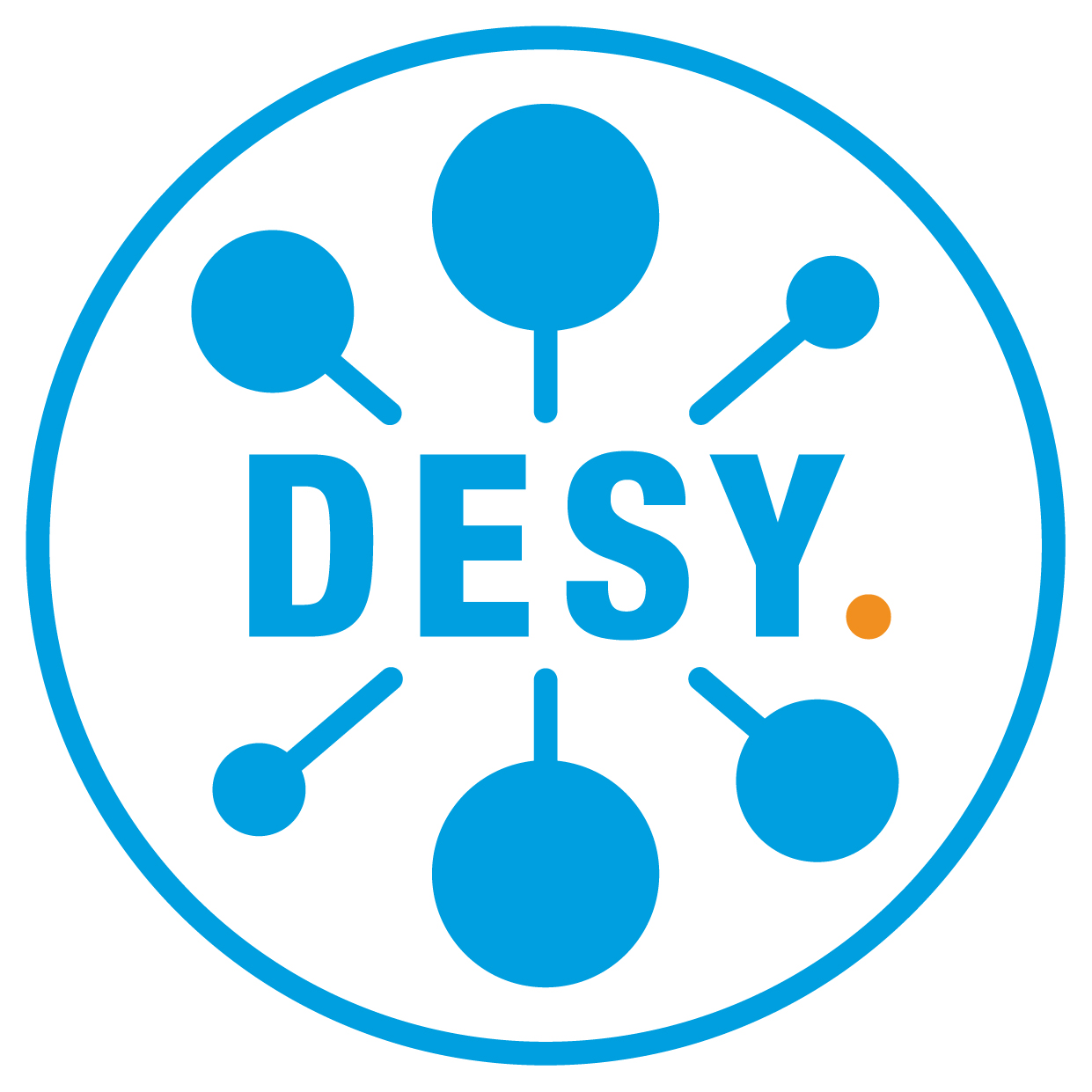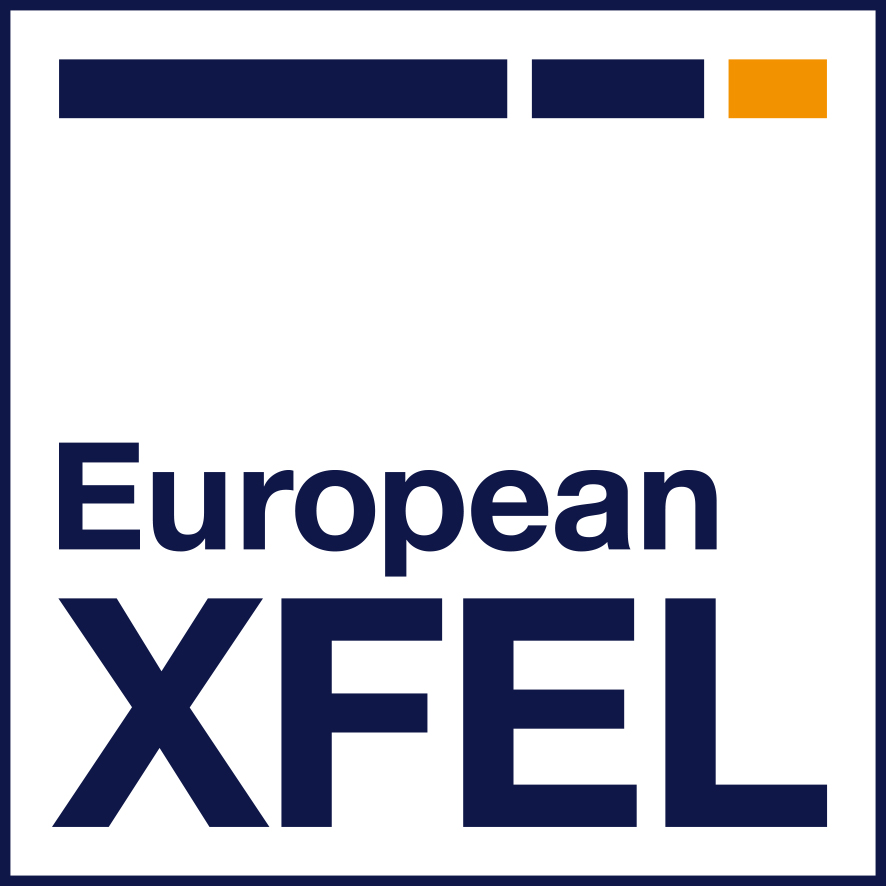Participating Institutions
University of Hamburg (UHH)
Counting almost 44,000 students – among them almost 5,000 international students from more than 130 countries – the University of Hamburg is the largest research and educational institution in Northern Germany and the third-largest university in Germany. The diversity of a full-scale university is reflected in approximately 170 courses of study. More than 4,100 scientists, among them almost 700 professors, are doing research and teach at eight different schools: Law; Economics and Social Sciences; Medicine; Education; Humanities; Mathematics, Informatics (Computer Science) and Natural Sciences; Psychology and Human Movement; Business.
University of Hamburg was extraordinarily successful in the Excellence Strategy of the Federal and State Governments, the competition for the promotion of top-level university research in Germany: it was awarded the "Flagship University" status for its concept of a "flagship university" and won for four clusters of excellence. Since 2019, the German Research Foundation (Deutsche Forschungsgemeinschaft, DFG) has funded the following clusters of excellence:
- CUI: Advanced Imaging of Matter (photon and nano sciences)
- Climate, Climatic Change, and Society (CliCCS) (climate research)
- Understanding Written Artefacts (manuscript research)
- Quantum Universe (mathematics, particle physics, astrophysics, cosmology)
More information: UHH FAQs on the Excellence Strategy
Deutsches Elektronen-Synchrotron (DESY)
DESY is one of the world’s leading accelerator centers and part of the Helmholtz Association. DESY develops, builds and uses large-scale accelerators, to analyze the structure of matter – from the interactions of tiny elementary particles and the behavior of new types of nanomaterials to biomolecular processes that are essential to life.
The accelerators and detectors that DESY develops and builds are unique research tools. The facilities generate the world’s most intense X-ray light, accelerate particles to record energies and open completely new windows into the universe. That makes DESY not only a magnet for more than 3000 guest researchers from over 40 countries every year, but also a coveted partner of national and international co-operations.
For many years, DESY and Universität Hamburg have been cooperating closely. In 2011, this cooperation was intensified through the creation of a strategic partnership – PIER, the "Partnership for Innovation, Education and Research“.
Max Planck Institute for the Structure and Dynamics of Matter (MPSD)
The Max Planck Institute for the Structure and Dynamics of Matter started in 2014, emerging from the Max Planck Department for Structural Dynamics at Universität Hamburg, which was founded in 2008.
At MPSD, scientists use ultra-short light flashes to study the structure as well as the atomic and electron movements of matter. These dynamic phenomena are probed with light pulses in the femto- and attosecond range. New theoretical methods and computational codes are being developed at the Institute to investigate and control the electronic response of such systems in time-dependent electromagnetic (quantum) fields. The MPSD shares the Center for Free-Electron Laser Science (CFEL) at the Bahrenfeld research campus with its collaborating partners DESY and Universität Hamburg.
European XFEL
The European XFEL is a research facility of superlatives in the metropolitan area of Hamburg: 27 000 ultrashort X-ray flashes per second with a brilliance that is a billion times higher than that of the best conventional X-ray radiation sources open up completely new research opportunities. Researchers from all over the world can use the XFEL to map the atomic details of viruses and cells, take three-dimensional images of the nano world, film chemical reactions, and study the interior processes of planets.
European XFEL is a non-profit research company closely collaborating with DESY and further international institutions. The company employs more than 500 people; user operation of the 3.4 km long facility started in September 2017. At present, 12 countries are participating in the European XFEL: Denmark, France, Germany, Hungary, Italy, Poland, Russia, Slovakia, Spain, Sweden, Switzerland, and the United Kingdom.



